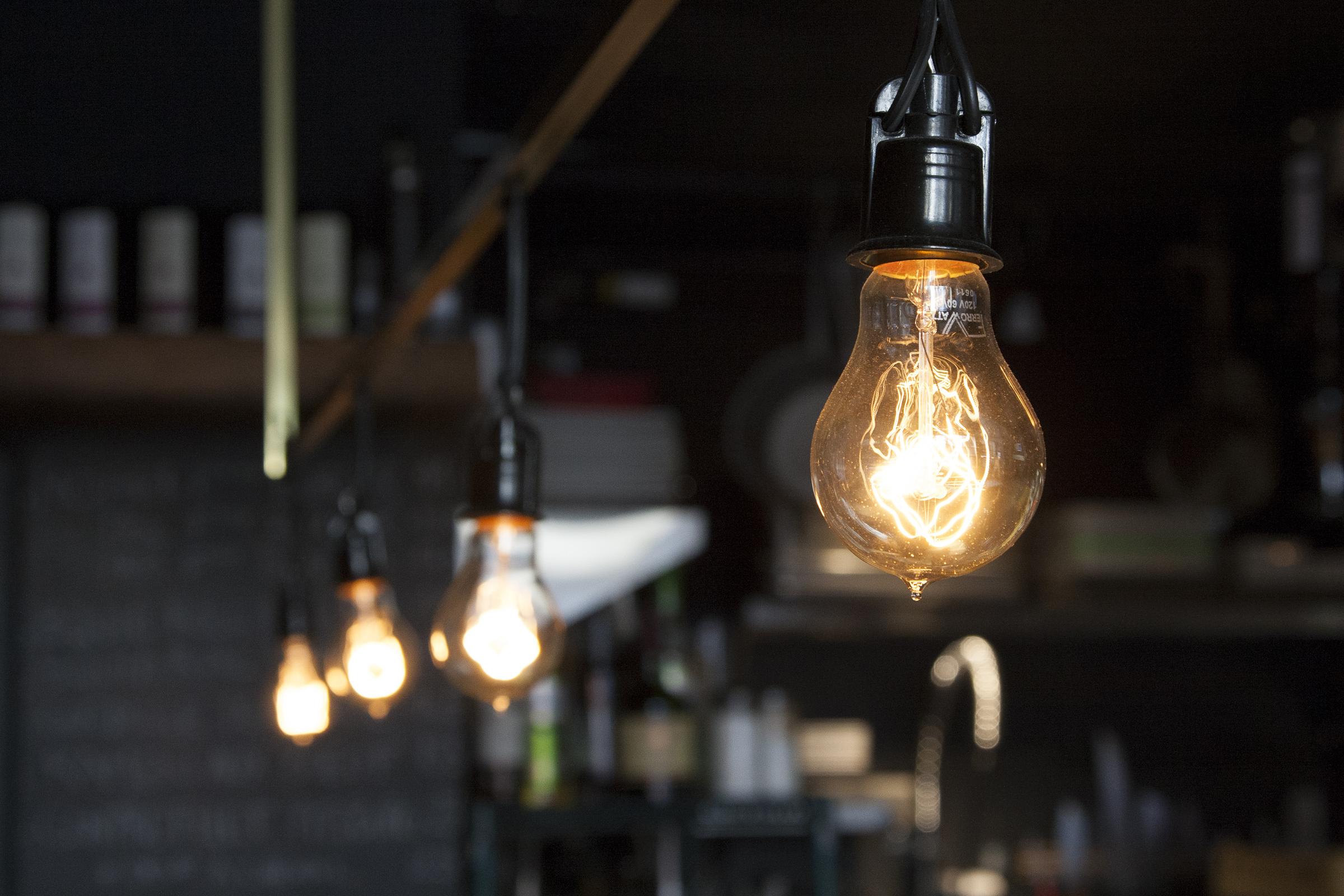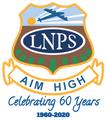Mellor Specialist

SCIENCE
During Semester 2, year one and two students will investigate renewable and non-renewable energy sources and their relative impact on the environment, particularly the climate. This will lead to the study of living things and biological diversity.
Students will apply their Science inquiry skills to investigate how people use science in their daily lives when caring for their environment and living things.
With a special focus on Aboriginal and Torres Strait Islanders histories and cultures, the science curriculum will expand on the Geography curriculum (place and space).
Science inquiry skills that children will develop are:
- Questioning and predicting: Pose and respond to questions, and make predictions about familiar objects and events
- Planning and conducting: Participate in guided investigations to explore and answer questions. Use informal measurements to collect and record observations, using digital technologies as appropriate
- Processing and analysing data and information: Use a range of methods to sort information, including drawings and provided tables and through discussion, compare observations with predictions
- Evaluating: Compare observations with those of others
- Communicating: Represent and communicate observations and ideas in a variety of ways
Students learn Science through inquiry, play and exploration. The Teaching and Learning Cycle is based upon the Five Es Instructional Model developed by the Biological Sciences Curriculum Study Group. The students:
- Engage in the intended learning
- Explore their existing concepts
- Explain and clarify the intended learning
- Elaborate by applying their understanding in new situations and
- Evaluating their learning
HEALTH & PHYSICAL EDUCATION
PERSONAL, SOCIAL AND COMMUNITY HEALTH
Who am I and how do I contribute…. How can I be the healthiest happiest me?
BEING HEALTHY, SAFE AND ACTIVE
Practising appropriate strategies and problem solving skills to use when upset, angry or when in a challenging situation.
Continuing to look at the 5 Keys to Success
- Getting Along
- Organisation
- Persistence
- Confidence
- Resilience
COMMUNICATING AND INTERACTING FOR HEALTH AND WELLBEING
Identifying emotions
Recognising own emotions and working on strategies to react positively in a variety of different situations.
Understanding how our reactions to situations can affect others feelings.
Looking at different scenarios and how someone might be feeling based on their body language, facial expressions or the words they use.
CONTRIBUTING TO HEALTHY ACTIVE COMMUNITIES
Continue to follow and review Classroom Agreements to create a positive and safe learning environment.
Recognising the similarities and differences of indviduals, families and different cultural groups.
MOVEMENT AND PHYSICAL ACTIVITY
In semester 1, students worked on developing their fundamental motor skills through various challenging activities and modified games. Students had opportunities work in teams, to show good sportsmanship and to gain experience in creating strategies.
This semester, we will again be assisting students to develop new sporting skills as well as positive attitudes towards exercise and physical activity. Our lesson focus will be on:
LEARNING THROUGH MOVEMENT
Cricket
Throwing and catching, fielding, batting, bowling, minor games
Soccer
Passing, kicking, throw-ins, using the head, positioning on the field
Polo Hockey
Hitting the ball, trapping, dribbling, goal shooting, goal keeping, team play
Badminton
Forehand, backhand, overhead, serving receiving, general positioning
MOVING OUR BODY
Skipping
Individual, partner and group skipping challenges
UNDERSTANDING MOVEMENT
Performing simple movement sequences
Ball awareness, stopping and fielding, rolling, throwing and catching, kicking, bouncing and catching, hitting
GREEK
GERMAN
This term, we will use the topic of "Die Olympischen Spiele" (the Olympic games) to introduce new language structures and vocabulart. Our friends, felix and Franzi (puppets) will continue to be a part of some of our lessons. A range of learning experiences will allow students to gain confidence using the language. Students use language in context through familiar routines, games, songs and repetition. They exchange greetings and information making connections between English and German. In term 4, we will revise concepts and language introduced this year to consolidate the learning. Please encourage your child(ren) to tell you about what they have been learning in German. See what they can teach you!
For more information contact Frau Edwards elizabeth.edwards559@schools.sa.edu.au
